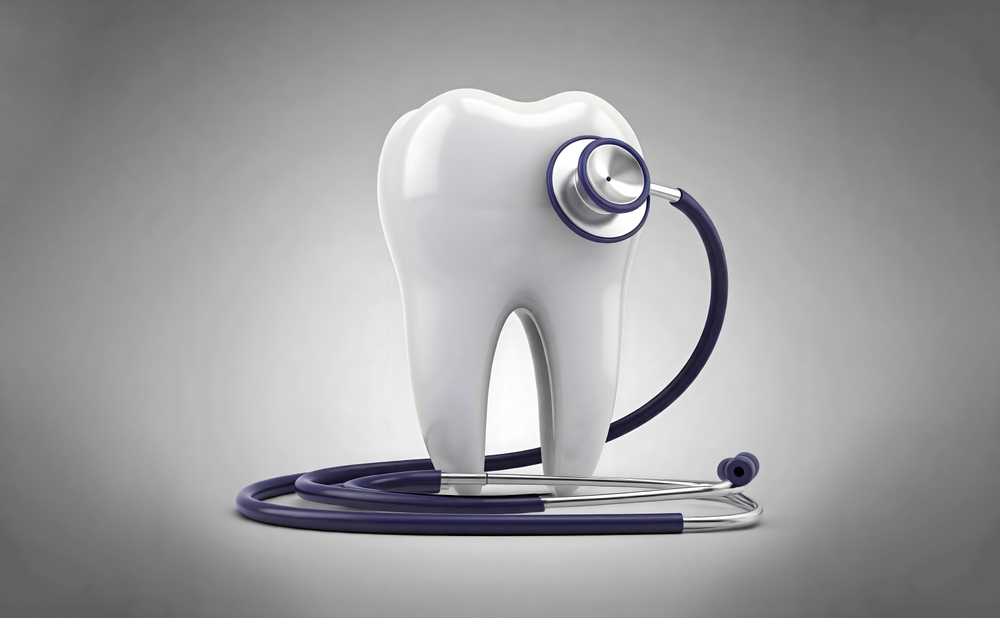Oral Cancer Screenings: What Happens During Your Dental Exam

Oral cancer screenings or exams play a crucial role in preventive health, yet they are often underestimated or overlooked. By detecting potential issues early, they can be addressed before they escalate. If you’re visiting a dental clinic in Toronto, understanding the screening process can help ease any concerns. Here’s a comprehensive guide on what to expect, who should get screened, how often to do it, how to prepare, and the next steps after the screening.
The Screening Process: What Happens During an Oral Cancer Screening?
When visiting a Toronto dentist for an oral cancer screening, you can expect a process that is simple, non-invasive, and quick. Most screenings take only a few minutes. This can be easily included in your regular dental check-up.
Here’s what typically happens during the screening:
- Visual Examination: The dentist will start by examining your mouth, including your lips, gums, tongue, the roof of your mouth, the back of your throat, and the inside of your cheeks. They will check for visible signs of abnormalities, including red or white patches, non-healing sores, or unusual lumps.
- Palpation: The dentist will gently feel around your neck, jaw, and under your chin for any unusual lumps or swelling.
- Use of Special Tools: Some Toronto dental care clinics may use specialized tools to enhance the examination. For example, they may use a light or dye that highlights abnormal cells, making it easier to spot potential issues.
- Discussion of Symptoms: Your dentist may ask if you’ve experienced any persistent symptoms, such as difficulty swallowing, numbness, or unexplained pain in the mouth or throat.
Who Should Get Screened for Oral Cancer?
Oral cancer screenings are essential for everyone. Some individuals are at a higher risk and should prioritize having regular screenings. You should consider regular screenings if you:
- Are over the age of 40 (although younger people can also develop oral cancer, especially with certain risk factors).
- Use tobacco products, including cigarettes, cigars, or smokeless tobacco.
- Consume alcohol regularly.
- Have a history of oral cancer in your family.
- Spend significant time in the sun, which increases the risk of lip cancer.
- Have been diagnosed with human papillomavirus (HPV), a common risk factor for oral cancers.
If you fall into one or more of these categories, your Toronto dentist will likely recommend more frequent screenings.
How Often Should You Get Screened?
For most people, an oral cancer screening is included as part of their routine dental check-up, which typically occurs every six months. However, the suggested frequency may differ based on your individual risk factors.
- Low-Risk Individuals: Annual or biannual screenings during regular dental visits should suffice.
- High-Risk Individuals: If you have a history of tobacco use, alcohol consumption, or other risk factors, your dentist may suggest more frequent screenings, such as every 3-6 months.
Be sure to discuss your individual situation with your Toronto dentist to establish the most appropriate screening schedule.
Preparing for an Oral Cancer Screening
One of the advantages of an oral examination for cancer screening is that little to no preparation is needed. However, there are a few things you can do to make the process smoother:
- Maintain Good Oral Hygiene: Brush and floss before your appointment to ensure a clean environment for the dentist to examine.
- Bring Relevant Medical Information: Inform your dentist about any symptoms you’ve been experiencing, such as mouth sores, difficulty swallowing, or persistent throat pain.
- List Your Medications: Certain medications can cause symptoms similar to oral cancer, so it’s important to share any medications you are taking.
- Avoid Alcohol and Tobacco: Refrain from drinking alcohol or using tobacco before your appointment, as they can cause temporary inflammation or irritation.
By following these simple steps, you can help your Toronto dental care provider perform a thorough and effective screening.
Next Steps After an Oral Cancer Screening
After the screening, your dentist will discuss the results with you. There are generally two possible outcomes:
- No Issues Detected: If no abnormalities are found, you can continue with your regular dental care routine and attend screenings as recommended by your dentist.
- Further Investigation Needed: If your dentist notices any unusual findings, they may recommend additional tests or refer you to a specialist. These tests could include:
-
- Biopsy: A small tissue sample may be taken and analyzed for cancerous cells.
-
- Imaging Tests: X-rays, CT scans, or MRI scans may be used to get a closer look at any suspicious areas.
It’s important not to panic if your dentist suggests further testing. Many abnormalities detected during screenings turn out to be benign.
The Importance of Regular Oral Cancer Screenings
Incorporating oral cancer screenings into your routine dental care in Toronto is a proactive step for your health. Regular visits to a dental clinic in Toronto are essential for detecting potential issues early and ensuring effective treatment.
Remember, prevention is better than cure. If you haven’t had an oral examination recently, consider scheduling an appointment with a Toronto dentist today. Taking a few minutes for a screening could make all the difference in safeguarding your health.
This blog is intended for educational purposes only and should not be used for self-diagnosis or as a substitute for professional advice. Always consult a qualified medical or dental professional for any concerns regarding your oral health. Timely diagnosis and professional guidance are essential for effective treatment and care.
